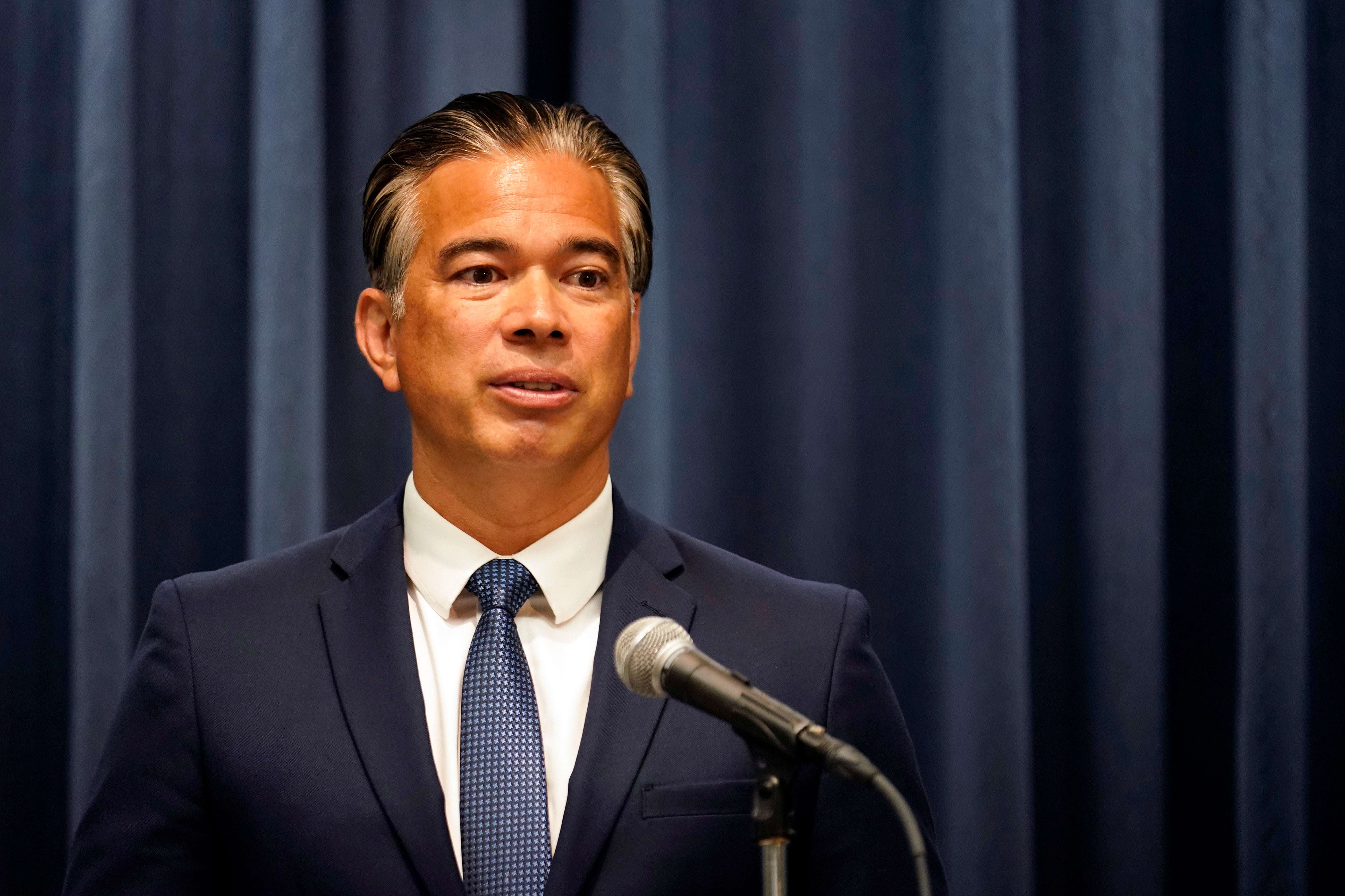California can share gun owners' personal information with researchers, appeals court rules
A state appeals court has ruled that California can share personal information of gun owners with researchers to study gun violence

Your support helps us to tell the story
From reproductive rights to climate change to Big Tech, The Independent is on the ground when the story is developing. Whether it's investigating the financials of Elon Musk's pro-Trump PAC or producing our latest documentary, 'The A Word', which shines a light on the American women fighting for reproductive rights, we know how important it is to parse out the facts from the messaging.
At such a critical moment in US history, we need reporters on the ground. Your donation allows us to keep sending journalists to speak to both sides of the story.
The Independent is trusted by Americans across the entire political spectrum. And unlike many other quality news outlets, we choose not to lock Americans out of our reporting and analysis with paywalls. We believe quality journalism should be available to everyone, paid for by those who can afford it.
Your support makes all the difference.A state appeals court ruled that California can continue providing personal information of gun owners to researchers to study gun violence, reversing last year's decision by a lower court judge who said such data sharing violates privacy rights.
In 2021, Democratic Gov. Gavin Newsom signed a law allowing the state's Department of Justice to share identifying information of more than 4 million gun owners in California with qualified research institutions to help them better study gun violence, accidents and suicides. The information — which the state collects with every firearm sale to perform background checks — include names, addresses, phone numbers, and any criminal records, among other things. Under the law, researchers can use the information and make their findings public, but can't release any identifying information of gun owners.
In response, gun owners and organizations sued the state, arguing that the disclosure of their information violates their privacy rights. San Diego County Superior Court Judge Katherine Bacal ruled to temporarily block the law last October.
But on Friday, a three-judge panel of the California Court of Appeals for the Fourth District found that the lower court failed to consider the state's interest in studying and preventing gun violence in its analysis before halting the law. In the opinion, Associate Justice Julia C. Kelety sent the case back to the lower court and said the preliminary injunction must be reversed.
Lawyers representing the gun owners and firearms groups suing the state didn't immediately respond to calls and an email seeking comment.
The Friday ruling came months after a federal judge refused to block the law in a separate lawsuit.
The data sharing law is among several gun measures in California that are being legally challenged. In October, a federal judge overturned the state’s three-decade-old ban on assault weapons again, ruling that the law violates constitutional rights.
California Attorney General Rob Bonta said once the data sharing ruling is implemented, the state will resume providing this information to researchers.
"The court’s decision is a victory in our ongoing efforts to prevent gun violence,” Bonta said in a statement.
He added: The law “serves the important goal of enabling research that supports informed policymaking aimed at reducing and preventing firearm violence."
Garen Wintemute, who directs the California Firearm Violence Research Center at University of California, Davis cheered the recent ruling. The center has been working with the state on studying gun violence.
“The court’s decision is an important victory for science,” Wintemute said in a statement. “For more than 30 years, researchers at UC Davis and elsewhere have used the data in question to conduct vital research that simply couldn’t be done anywhere else. We’re glad to be able to return to that important work, which will improve health and safety here in California and across the country."